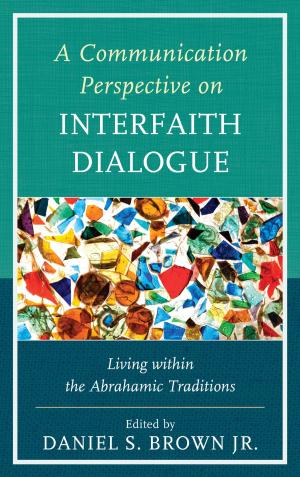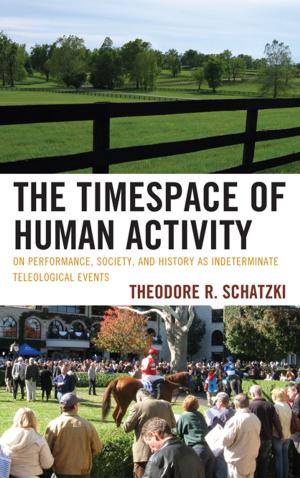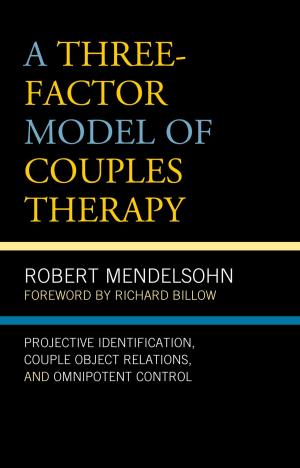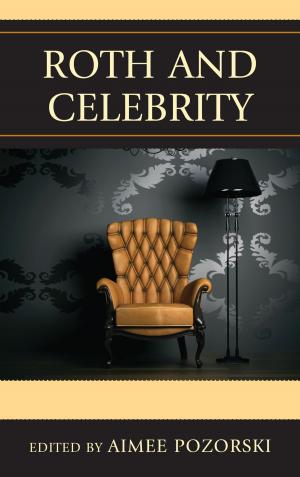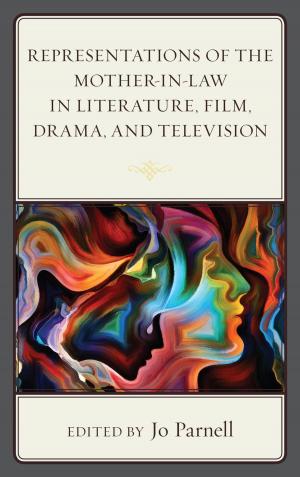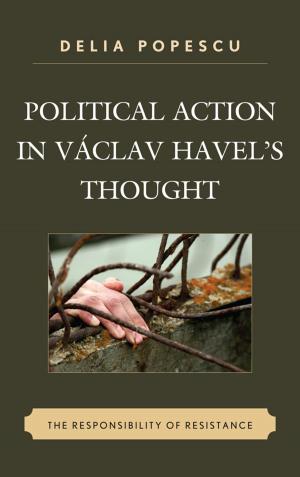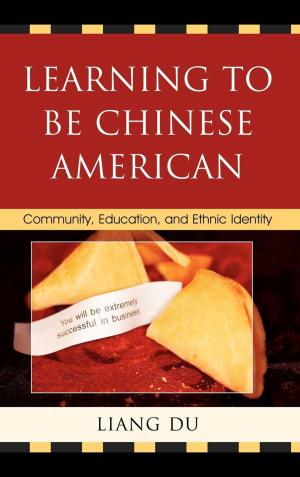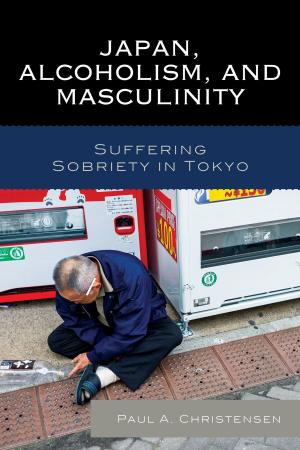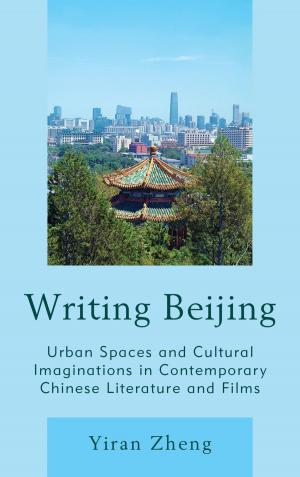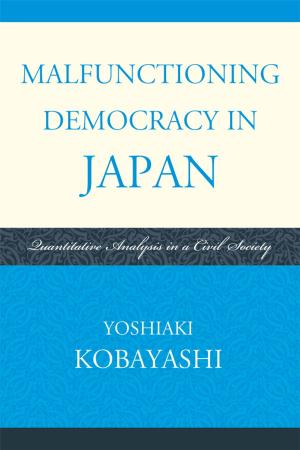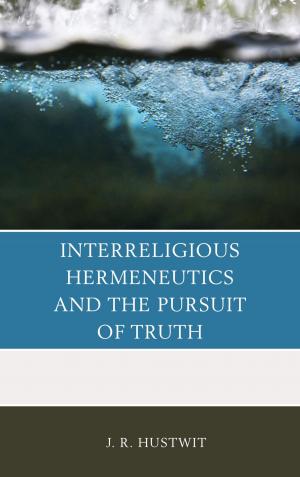Western-Centrism and Contemporary Korean Political Thought
Nonfiction, Social & Cultural Studies, Political Science, International, International Relations| Author: | Jung In Kang | ISBN: | 9780739180990 |
| Publisher: | Lexington Books | Publication: | August 20, 2015 |
| Imprint: | Lexington Books | Language: | English |
| Author: | Jung In Kang |
| ISBN: | 9780739180990 |
| Publisher: | Lexington Books |
| Publication: | August 20, 2015 |
| Imprint: | Lexington Books |
| Language: | English |
This book is an outgrowth of critical examination of Western political theory embedded in Western-centrism and the tumultuous ideational processes by which contemporary Korean political theory and reality have intensely interacted (both in convergent and divergent ways) with it. To conduct such examination the book addresses complex and variegated questions regarding Western-centrism: What is Western-centrism? How is Western-centrism to be compared and contrasted with other forms of centrism such as Sinocentrism, capitalism (bourgeois-centrism), patriarchy (male-centrism), and racism (white-centrism)? How has Western-centrism evolved in world history and in the history of Western political thought? How has Western-centrism shaped the evolution of contemporary Korean political thought? What kinds of ill effects has Western-centrism brought about in Korean society and academia? And, ultimately, how can Western-centrism be overcome?
This book is an outgrowth of critical examination of Western political theory embedded in Western-centrism and the tumultuous ideational processes by which contemporary Korean political theory and reality have intensely interacted (both in convergent and divergent ways) with it. To conduct such examination the book addresses complex and variegated questions regarding Western-centrism: What is Western-centrism? How is Western-centrism to be compared and contrasted with other forms of centrism such as Sinocentrism, capitalism (bourgeois-centrism), patriarchy (male-centrism), and racism (white-centrism)? How has Western-centrism evolved in world history and in the history of Western political thought? How has Western-centrism shaped the evolution of contemporary Korean political thought? What kinds of ill effects has Western-centrism brought about in Korean society and academia? And, ultimately, how can Western-centrism be overcome?


